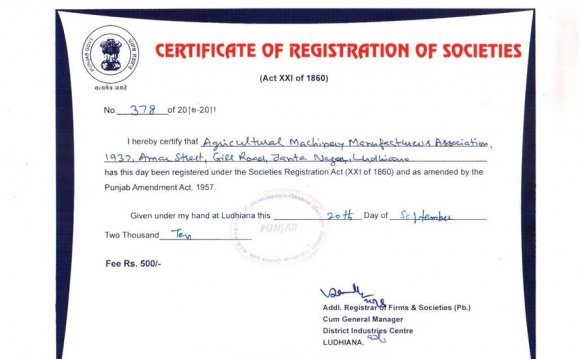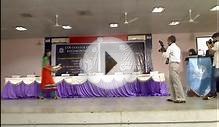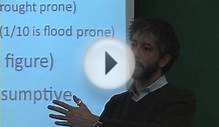

James McGill Professor
T: 514-398-7774 | shiv [dot] prasher [at] mcgill [dot] ca (Email) | Macdonald-Stewart Building, MS1-029
Degrees
B.Tech., M.Tech.(Punjab),
Ph.D.(British Columbia)
Active Affiliations
Canadian Society for Bioengineering (CSBE)
American Society of Agricultural and Biological Engineers (ASABE)
McGill Global Environmental and Climate Change Centre (GEC3)
Short Bio
Dr. Shiv O. Prasher is a professor in the Department of Bioresource Engineering on the Macdonald Campus of McGill University. He has been a member of the McGill teaching staff since 1983.
Dr. Prasher teaches both undergraduate and graduate courses and carries out research and extension in the area of soil and water engineering. He has published 212 research papers in refereed journals and over 60 papers in refereed conference proceedings. In addition, he has presented over 160 technical full-length papers at various scientific and technical conferences around the world. Dr. Prasher has been a member of the Canadian Society for Bioengineering (CSBE) and the American Society of Agricultural and Biological Engineers (ASABE) since 1978. He was the President of CSBE in 2010-2011 and, in that capacity, also served on the ASABE Board of Governors. He is an elected Fellow of CSBE and the Indian Society of Agricultural Engineers (ISAE).
Dr. Prasher completed his undergraduate studies as well as his Masters degree in Agricultural Engineering at the Punjab Agricultural University, Punjab, India. He received his PhD at the University of British Colombia, Vancouver, Canada, in Interdisciplinary Studies. He also received an Honorary Doctorate from Dalhousie University in 2004 at the Nova Scotia Agricultural College in Truro, Canada.
Research Interests
Dr. Prasher’s research program has been addressing the crucial challenge of sustaining agricultural production while protecting the environment from agricultural sources of contamination. The main innovative features of his research program are the incorporation of novel, conceptual, and innovative data analysis and processing techniques into problems of water resources management and water pollution. These skills will be needed in global systems of the future and my research program permits not only their exploration and development but also effective graduate training in these areas.
Dr. Prasher has established a very strong research program in both bioenvironmental and soil and water engineering. A well-equipped laboratory for analyzing emerging contaminants, such as hormones and veterinary antibiotics, as well as pesticide residues in soil and water samples and a field lysimeter site have complemented his research efforts and the training of graduate students in these areas.
The focus of his research program is on the development of on-farm pollution control practices, hydrologic modeling of subsurface-drained agricultural watersheds under changing climate, fate and transport of emerging contaminants such as hormones and veterinary antibiotics, bio-remediation and bio-augmentation systems, pesticide modeling, and use of artificial intelligence in soil hydrology.
Current Research
- Reducing environmental pollution from veterinary antibiotics, endocrine disruptive chemicals, and pathogens in livestock manure
- Impacts of alkaline stabilized biosolids application on fate and transport of emerging substances of concern in agricultural soils, plant biomass and drainage water
- Impact of land application of biosolids
- Evaluation of alternative best management practices in critical contributing areas in agricultural landscapes of Ontario under changing climate
Current Projects:
- Role of Biochar Amendment in Topsoil for Reducing Environmental Pollution from Veterinary Antibiotics, Hormones, Pathogens, Pesticides, and Organic and Inorganic Fertilizers
- Modeling Fate and Transport of Conventional and Emerging Contaminants in Soil
- Evaluation of Constructed Wetlands for Reducing Pollution from Fertilizer and Veterinary Antibiotics in Agricultural Runoff
- Development of Watershed-Scale Models for Predominantly Subsurface-Drained Areas
- Use of Remote Sensing in Precision Agriculture
- Applications of Artificial Intelligence and Data Mining Approaches in Soil Hydrology
- Analysis of Parametric and Climatic Uncertainties in Modeling
- Best Management Practices for Pollution Control
- Bioremediation of Industrial Contaminants
RELATED VIDEO












